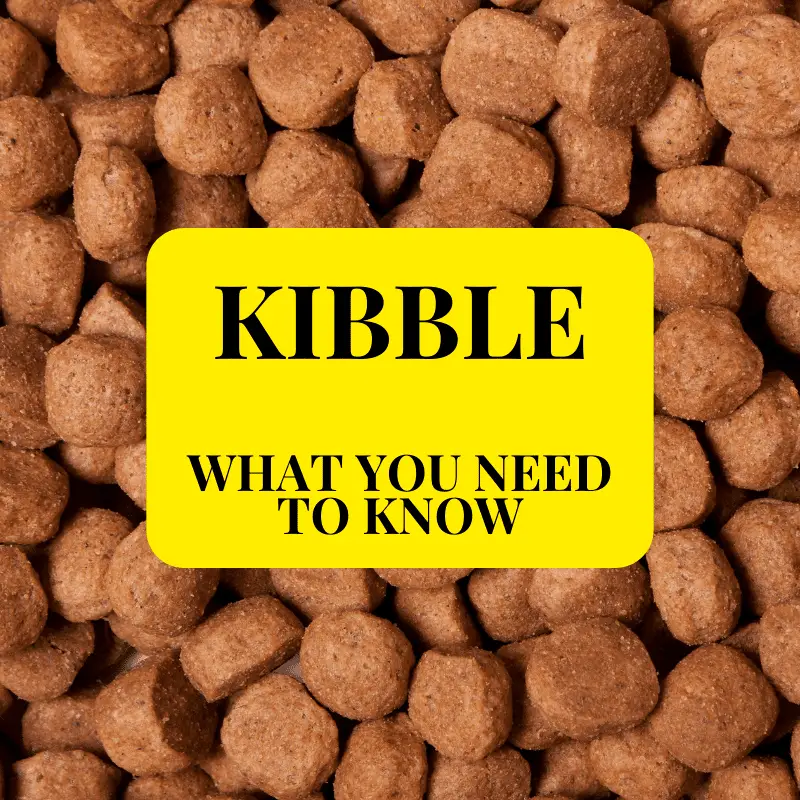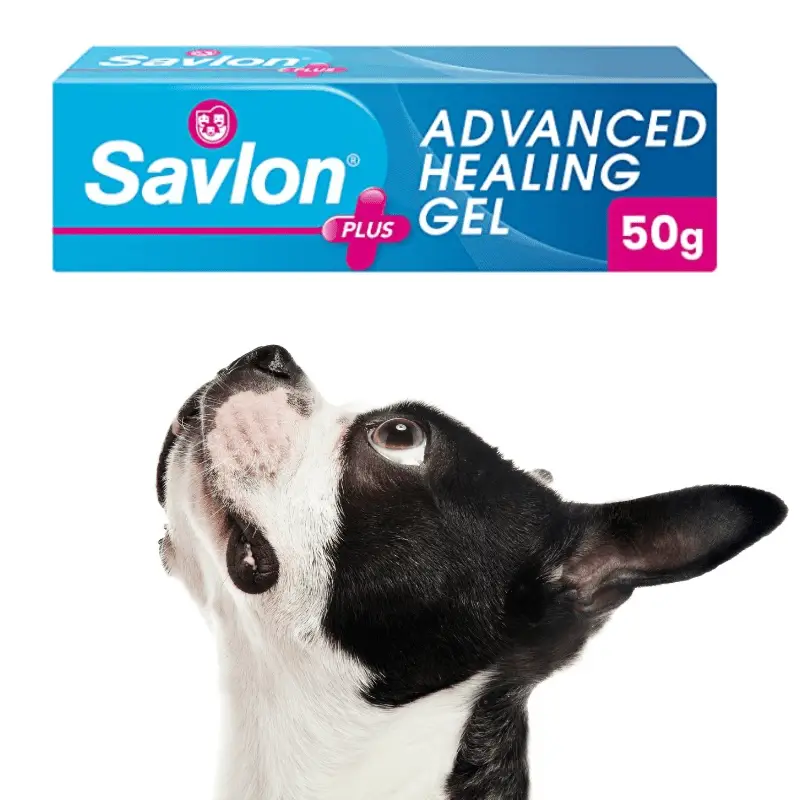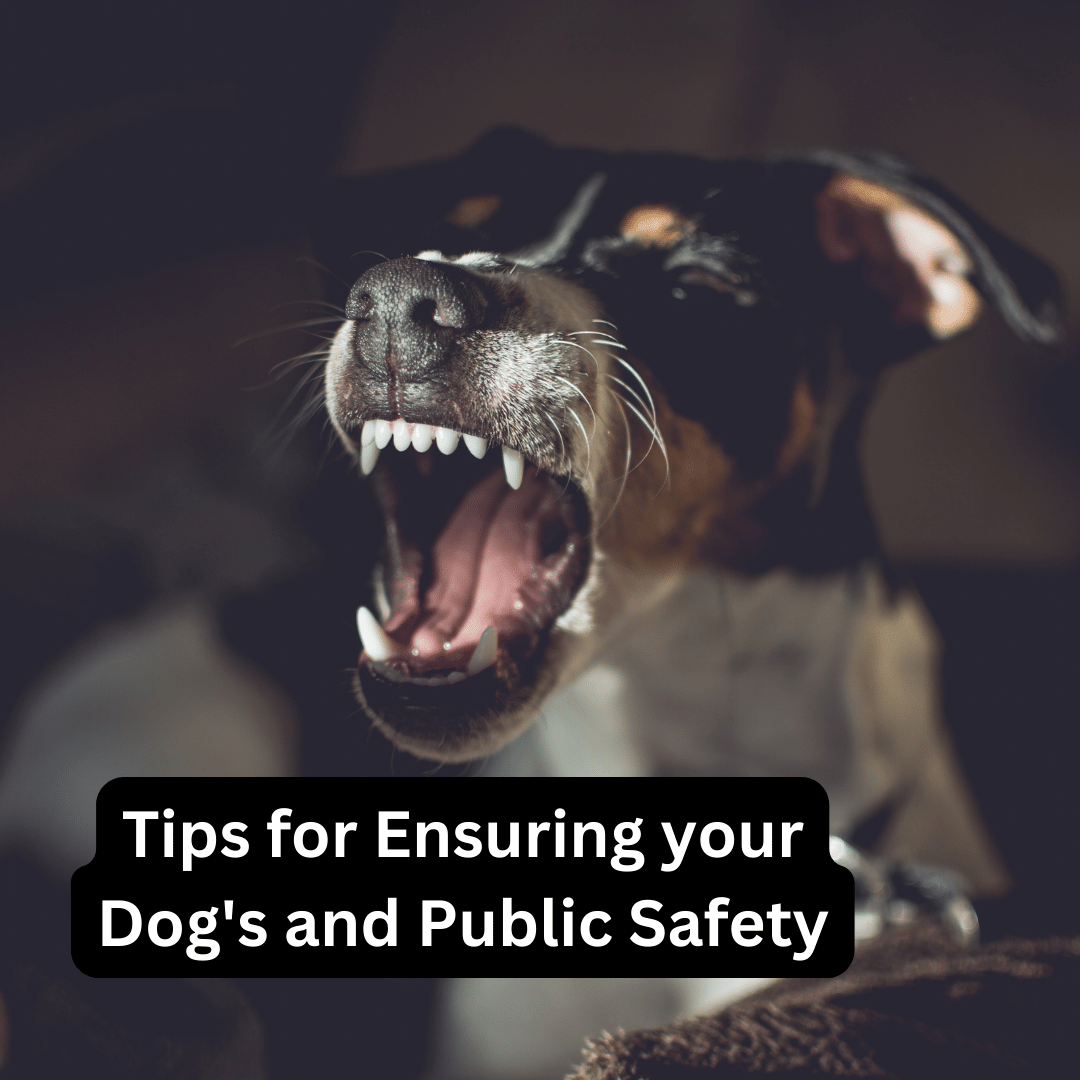Some dog owners have the misconception that their furry friends are immune to allergies. However, this is not true!
This article is all about the possible symptoms of dog hay fever. It’s vital for you as a pet owner to know what signs a dog displays to get proper treatment from a veterinarian.
Yes, dogs can get hay fever, which happens when exposed to pollen during the spring and summer seasons. Hay fever can be a significant issue for dogs as it can cause extreme itching in their skin, sore eyes, running nose and sneezing.
What is hay fever?
Hay fever is a condition that typically occurs when pollen enters the mouth, nose, eyes and skin of a dog. Pollen consists of tiny particles from plants, trees and flowers.
Where do dogs get hay fever?
Dogs suffer from hay fever when they come into contact with pollen in many different ways, including eating it while walking outside or inside; breathing it in when windows are open. Near trees that release pollen in breezes; are being scratched by plants containing pollen. There are so many possibilities for a dog to come into contact with pollen. More so than humans. However, the good news is that not all dogs have hay fever, and it’s pretty rare in dogs compared to humans. If your dog is one of the unfortunate dogs, let us find out how to avoid coming into contact with pollen.
When is hay fever season?
When the sun is out, and flowers are blooming all over. The pollen will be floating through the air, especially on a windy, humid day. Pollen season starts in spring and lasts until summer comes to an end.
Hay Fever Signs
It’s essential for you as a pet owner to know what signs your dog displays so that they can get proper treatment from a veterinarian if necessary. If you have a puppy, they are more than likely to show signs of hay fever. However, sensitivities to pollen can occur at any age.
- Bald patches
- Excessive licking themselves
- Itchy skin on any part of the dog’s body
- Runny nose
- Sneezing
- Sores on the body, red blotches, flaky
- watery eyes
These hey fever symptoms will only occur during the spring and summer months. During the winter, there is no pollen around that can cause discomfort to your dog. So if the above is witnessed more during spring and summer, then it’s safe to say it’s more than likely allergies. Remember that all dogs do scratch and lick themselves. It is when it is excessive that it becomes a problem.
Also, watch out for double itching, meaning two different irritants making your dog itch. This will only complicate the diagnosis and also be more discomfort for your dog. Ensure you keep up with the below:
- Flea Control
- Using natural dog shampoo
How to reduce dog hay fever symptoms yourself
Here are small changes that you can do to help your dog from the discomfort of hay fever.
- After a walk, an owner should gently wipe their pet down with some dog wipes to remove excess pollen, including paws and in the ears.
- Check the weather apps for the pollen count before going outside.
- Do not keep fresh flowers in the house.
- Get an in-house air filter unit. Air filter units cleanse the air and remove pollen particles.
- Keep up with the dusting and vacuuming because pollen can lie on shelves, worktops, and floors. It would be best if your vacuum cleaner has a HEPA filter.
- keep windows and doors shut where possible
- Mow the lawn often and keep your dog inside whilst you mow.
- Take your dog for a walk either early morning or late at night when the pollen count is low.
- Teach your dog the leave it command, to stop them from eating any flowers when out and about
- Walk your dog on paths and try to avoid grassed or woodland areas.
- Wash your dog’s bedding regularly in the spring and summer months. Dry in a tumble dryer or inside the house. Keep out of reach from the pollen.
Treatment
You can’t avoid canine hay fever, but there are treatments available to help soothe the symptoms.
Never treat your dog without confirming with a veterinarian. It could be that your dog isn’t allergic to pollen. But, in fact, something else, maybe a particular flower that you have in your garden, or even perhaps shampoo that you use on your dog.
The first step before any treatment is to confirm that it is a pollen allergy with your veterinarian.
Your veterinarian will target the problem area and may prescribe eye drops or nasal sprays. In severe cases, your veterinarian can administer injections to help get symptoms under control.
- Allergen-specific immunotherapy
- Dog antihistamines
- Medicated creams
- Medicated ear drops
- Medicated eye drops
- Medicated shampoo
- Nasal Spray for dogs with hay fever
- Steriods
Why do dogs get hay fever symptoms?
Your dog will get hay fever symptoms when they come in contact with pollen that triggers their allergies. The immune system knows this and starts a reaction to defend itself from the allergen, first sending out chemical signals telling mast cells what to do: “Release histamines!” They’re stored inside these special cells found throughout the dog’s body. This process causes unpleasant allergy-related side effects.

16 Plants and Flowers That Give Off The Most Pollen
- Amaranth
- Aster
- Baby’s Breath
- Chamomile
- Chrysanthemums
- Dahlia
- Daisy
- English Lavender
- Gerber Daisies
- Jasmine
- Juniper
- Love-Lies-Bleeding
- Ornamental Grasses
- Ragweed
- Sunflowers
- Wisteria
Recommended Read: What Can I Put On My Dog To Relieve Itching?
Why is my dog sneezing a lot?
Dogs sneeze due to irritants or foreign bodies inhaled into their noses. They may also sneeze because of an allergic reaction, such as when a dog has inhaled allergens like grass and pollen in its system.
Should I worry if my dog sneezes?
Sneezing is a natural reflex that most dogs experience. But if your dog’s sneezes are frequent or unexplained, then it might be time to visit the veterinarian.
Can I give my dog human hay fever tablets?
It’s never a good idea to treat your dog with human medication. For instance, some human hay fever tablets contain decongestants, which are harmful to dogs, along with the threat of your dog being drowsy and hyperactive from the medication. It’s always best to speak to your veterinarian and administer medication meant for dogs advised by your vet.
Can I give Piriton to my dog?
You should never administer human medication to your dog, such as Piriton, without advice from a veterinarian. Many factors come into play, such as their weight, how old they are and if they have any health conditions that only your vet will know.
Conclusion
If dogs could talk, they would be saying the same as we humans do when we suffer from allergies. Hay fever makes you feel horrible. If you are like me and suffer from this, you will understand the importance of helping your beloved dog.
Good luck!












